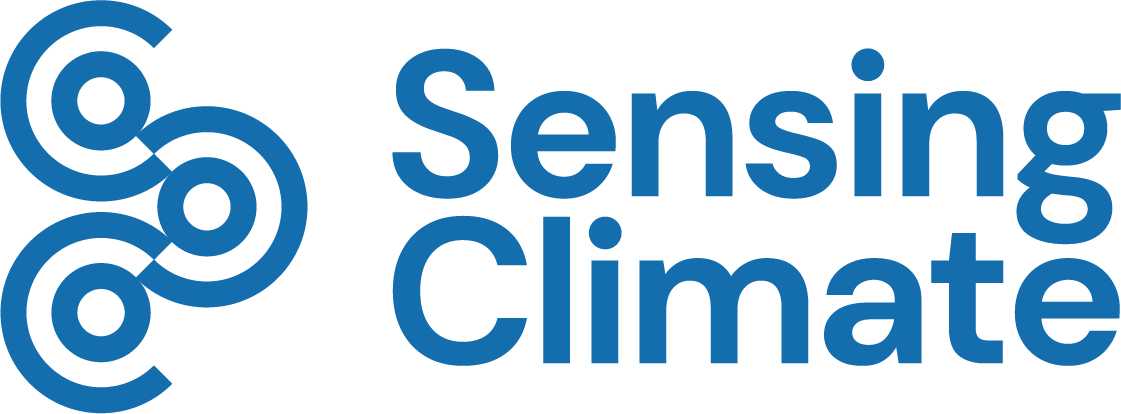Sensing Climate in Aotearoa New Zealand
By Raven Cretney, Áine Kelly-Costello and Sarah Bell
Climate change is adding to the challenges that many disabled people are experiencing in Aotearoa New Zealand and around the world. As the planet gets warmer there will be more harmful weather events like floods and droughts. In some cases, people might need to move their homes because of emergencies or rising sea levels.
As part of the wider Sensing Climate research programme, we are developing a case study based in South Dunedin, Aotearoa New Zealand.
In this study we would like to understand how disabled people are experiencing and responding to climate change in South Dunedin.
We would like to know more about disabled people’s experiences of climate change and engagement processes organised by local and central government.
We hope to understand more about how to make life better with and for disabled people, including how to improve accessibility and create fair responses to climate change.
The research team for this project includes Dr Sarah Bell (University of Exeter), Dr Raven Cretney (Lincoln University), and Áine Kelly-Costello (independent researcher).
We would like to hear from adults who live in South Dunedin who are disabled, d/Deaf or neurodivergent, or people with lived experience of long-term health conditions to talk about:
Your experiences of and responses to climate-related emergencies, such as the 2015 and 2024 floods.
Your experiences of participating in decision-making and engagement processes about climate change in South Dunedin. You do not need to have been part of these processes to take part but we are interested to know your thoughts on how to involve disabled people in decision-making on climate change.
Your thoughts on how disability leadership and participation can be supported to develop fairer climate adaptation policies, including policies that seek to protect people before, during and after adverse climate events.
We are also keen to understand more about how disabled people are being impacted by managed retreat or relocation, and related decision-making processes. Managed retreat refers to efforts to move communities or households away from areas which are at greater risk of hazards such as flooding or sea level rise.
Retreats or relocation may take many different forms. They may be proposed after a disaster or proactively before an event to move communities away from harm. Care is needed to ensure that people are fully supported through the disruption that these processes can create.
If you would like to know more about this research project, please contact:
Raven Cretney at raven.cretney@lincoln.ac.nz
Or
Áine Kelly-Costello at ainekc@gmail.com
We can share information in different formats, and chat through how best to support access needs if you would like to take part.
We are very grateful to the Leverhulme Trust for the funding provided to support this case study.
